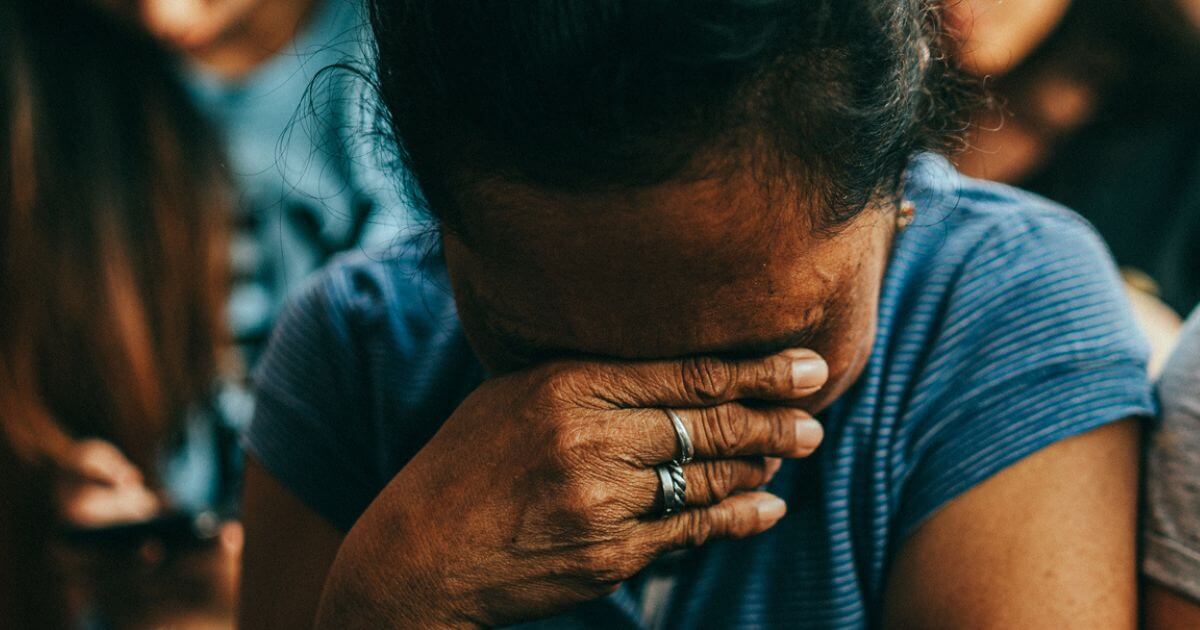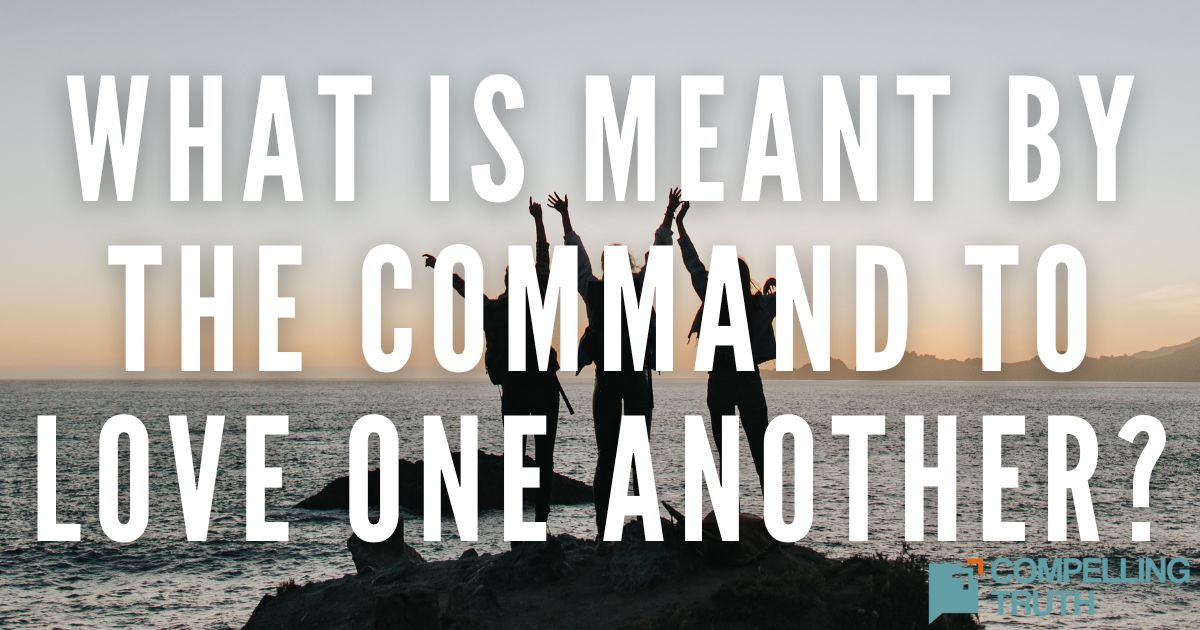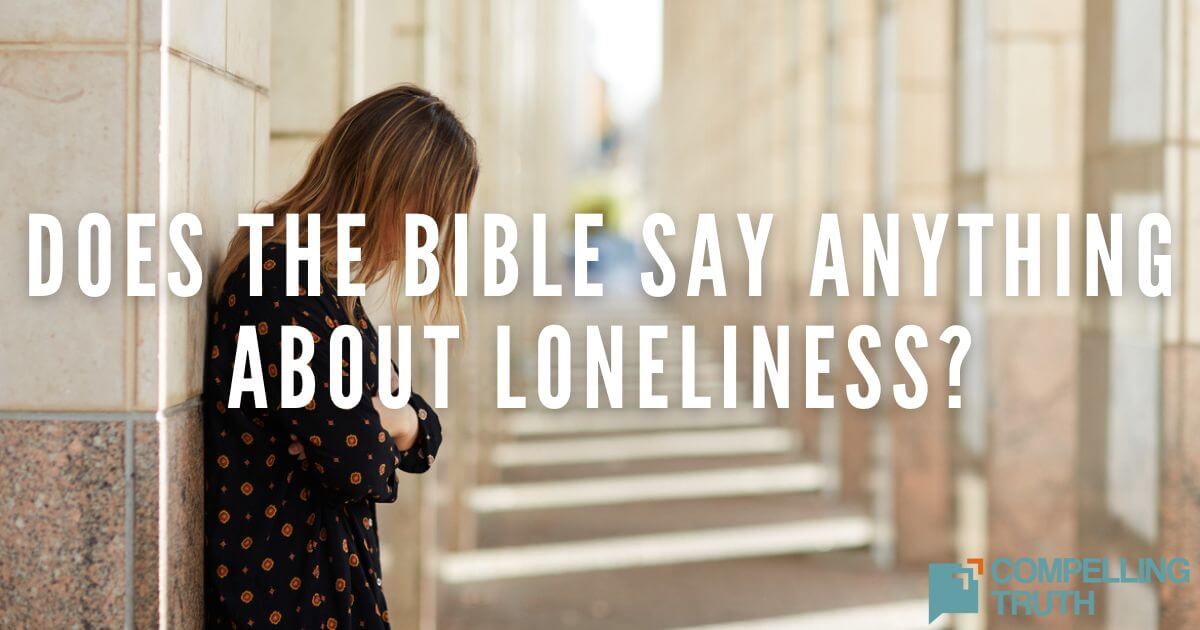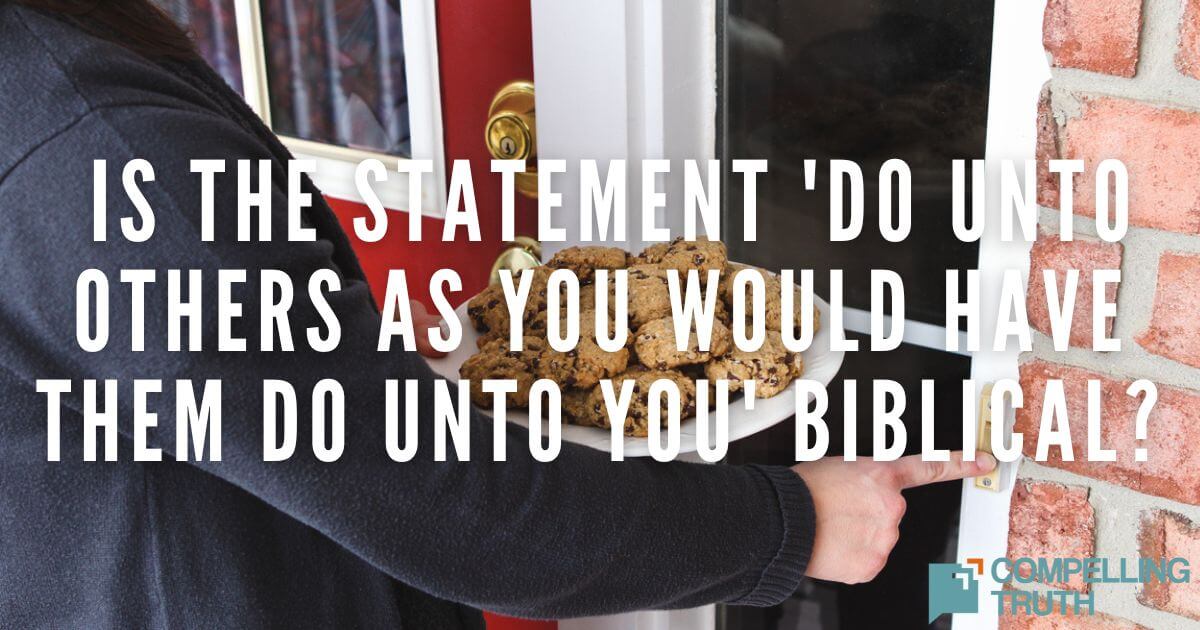what does the bible say?
The Bible has much to say about how God views widows and how His people are to treat them. It emphasizes the importance of treating widows with compassion and respect, viewing them as valuable members of the community. God provided instruction for His people to care for widows, ensuring they were included in community celebrations and protected from mistreatment (Deuteronomy 10:18; Psalm 146:9). Jesus revealed that God’s heart for widows was not just for the Israelites to emulate. He demonstrated compassion toward widows in His ministry, highlighting their worth and capability for ministry (Luke 2:36–38; 7:13–15). Other places in the New Testament also reiterate the responsibility to care for widows, particularly emphasizing that family members should support them, while also calling the church to ensure their needs are met (1 Timothy 5:4; James 1:27). Overall, the Bible portrays widows not just as vulnerable individuals, but as essential contributors to the community and ministry, deserving of dignity and care.




